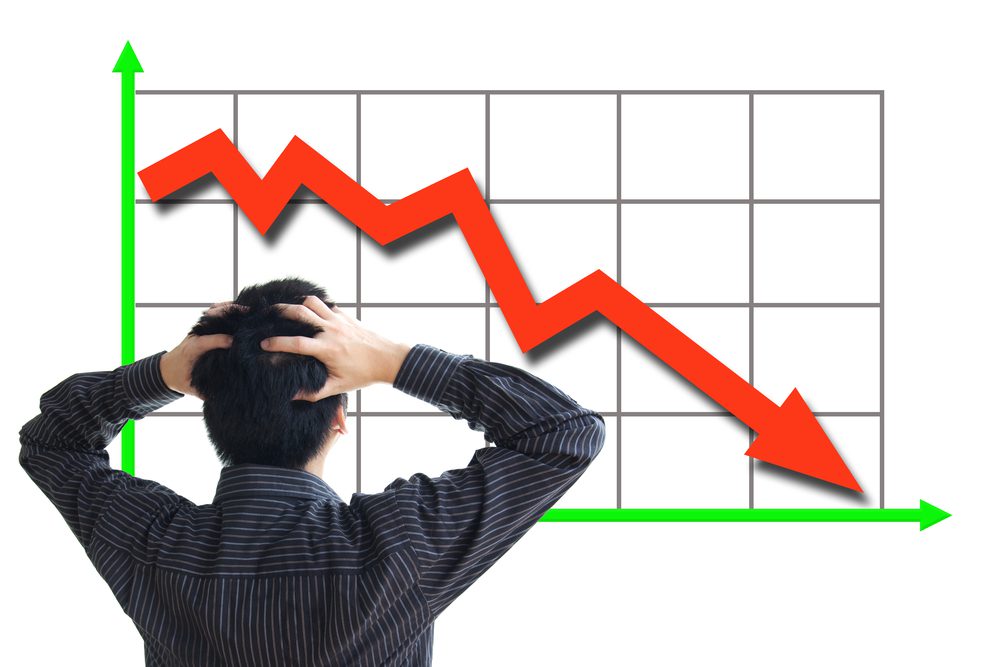Many look forward to those comfortable retirement years. They identify a number of activities and opportunities that would help them maximize those “golden years”. These people spend the best part of their lives slogging and saving. Several of them explore various avenues of investment for making their money work as hard as they do. In many cases, everything turns out fine. Occasionally however, the best laid plans could go sideways.
That is why learning the stock market is essential for all the beginner traders looking to make a profitable investment in such a volatile market. Educating yourself in the basics of the stock market will help you avoid beginner mistakes which usually tend to wipe out most of the capital in your posession. A better knowledge in stocks will also give you a better insight into what is actually happening with a certain stock so take a stock trading courses for beginners, educate yourself, that is the first and most important investment that you will make in your trading career.
Take for example the case of Ron McCabe, a native of San Francisco. He and his wife ran a successful janitorial company together for 35 years. They sold the business and received a million dollars for it. Like many Americans, they had entrusted some of their wealth to a wealth management firm. Based on the advice of their firm, they invested in a boutique developer and real estate brokerage called Right Place Properties. Everything proceeded perfectly with timely interest checks and property sellouts.
The quarterly reports only confirmed how business was prospering, raising the hopes of bigger returns. And then, the checks stopped showing up just before Thanksgiving 2008. In less than a year, the company went under and McCabe lost all he had. To his credit, he managed to turn things around by channelizing his energy into writing books. However, other investors weren’t as lucky…
For Your Money – How Americans Invest their Money
It’s not only the average American who loses money on bad investments. Occasionally, experienced campaigners lose the plot too. For example, Warren Buffett bought shares in ConocoPhillips, the oil company. Unfortunately, he invested his money when the market was at its zenith, and by 2012, the market had declined appreciably, resulting in a setback of about a billion dollars.
From April 03rd – 06th, Gallup conducted a telephonic survey called the Economy and Personal Finances poll. They asked American adults to choose the best option for long-term investments. They found that:
- About 31 percent of lower income American households felt that gold was the best long-term investment (as against 18 percent of upper income Americans)
- Around 68 percent of upper income American households preferred investing in real estate (38 percent) and stocks or mutual funds (30 percen
- About 23 percent of Americans aged 18 to 29 years felt that savings accounts and CDs were good for long-term investment purposes
- Investing in bonds remains the least favored option for most Americans
On the Money – Eight Warning Signs that Your Investment is not Worthwhile
Many people do not have the skill or the understanding to invest their money properly. As a result, they become victims of various Ponzi schemes. These schemes seem attractive initially, before the meltdown takes place. They wipe away years of savings, thereby ruining people financially. Even worse, they leave people grappling with uncertain futures in the aftermath.
When it comes to investing your money, prevention is certainly better than cure. Therefore, don’t ignore these warning signs when they begin to appear. Heeding them could make the difference between losing a little and losing almost everything you have.
- “Hot” Stocks are Hot Potatoes: If a stock is “hot”, the chances are that you have already missed the bus. By investing, you would not only purchase these stocks at premium rates, you would also make yourself susceptible to the risk of the bubble bursting sooner rather than later.
- Avoid Investing in the Nick of Time: Solid investment choices are not likely to disappear in a day or two. For example, look at the companies on the portfolio of top investors like Warren Buffett and Ken Fisher. These companies have good reputations built over years of performance. Investing is not about speed. It is about diligence and prudence.
- Steer Clear of Inside Tracks: Always beware of insider information about an investment. Unscrupulous individuals use these tips for boosting stock prices. This enables someone else to sell them at higher rates. If your friends or family members pass on these tips to you, it is likely that someone might be taking them for a ride too.
- Avoid Laggards: When you invest in a company, always compare it to other companies operating in the same field. If you find that the company lags behind its competitors, avoid investing in it.
- Compare the Company’s Management with its Performance: Companies with an incompetent management might still register good performances. However, they would not be able to sustain them for long. Therefore, consider waiting for a few months to see how it fares. If the company’s performance continues to be consistent for the most part of a year, then it could be a worthwhile investment.
- Study the Fine Print: Studying a company’s balance sheet could be an invaluable indicator of its performance. Key things to check in the balance sheet include:
- The quantum of debt (this must not exceed the value of the company’s assets)
- The levels of liquidity or cash
In case the company’s debts exceed its assets and it doesn’t have sufficient reserves of cash, consider investing elsewhere.
- Examine the Price to Earnings Ratio: A high Price to Earnings ratio indicates that investors are paying more for each unit of net income. Therefore, check the Price to Earnings ratio of the company you’re interested in as well as some of its competitors. If the former has a higher ratio than its competitors, it could be an indicator that the company is over-valued. Avoid investing in this scenario.
- An Assortment of Indicators: Other warning signs that you need to watch out for include:
- The prospect of earning unusually high returns
- Little or no information provided about the risks to your investment
- Investing all your money in the same type of investment
- Investing in a business that you have little knowledge of
- Investing in something that pays commissions upfront i.e. variable life insurance, share mutual funds etc.
Famous investor Warren Buffett said, “Risk is a part of God’s game, alike for men and nations. Therefore, only buy something that you’d be perfectly happy to hold if the market shut down for 10 years. Should you find yourself in a chronically leaking boat, energy devoted to changing vessels is likely to be more productive than energy devoted to patching leaks.”
In short, if your investment ends up displaying some warning signs, consider cutting your losses. It could help you salvage whatever’s left. Lingering on would only lead you toward an uncertain future – like many investors of Right Place Properties encountered.
Check out our Fundamentals Of The Stock Market Online Course, It will give you a great insight into the financial world and teach you all the basics that you will need to make your first profitable steps in this exciting trading world.








